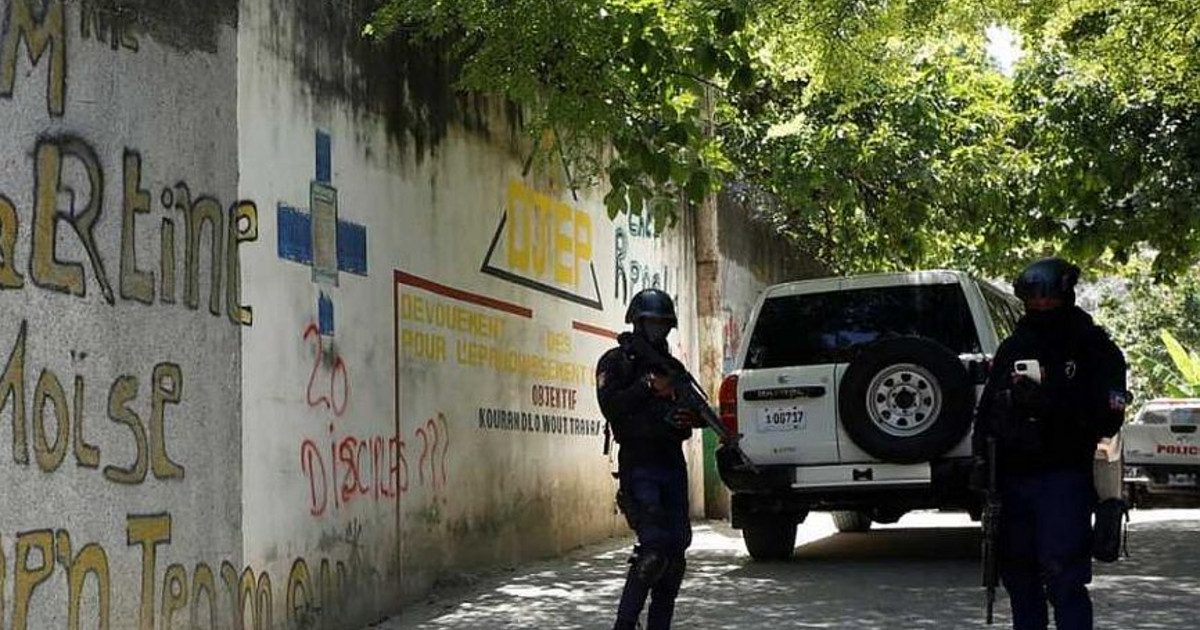The so-called cava war in Spain has recently added a new chapter with the ruling of the Supreme court that gives the reason to the Junta de Extremadura in its battle against the Ministry of Agriculture for benefiting, in practice, the Catalan cava sector against the interests of Extremadura and Valencia. The Valencian Government did not then resort to a legal modification that gave the Regulatory Council of the Denomination of Origin – in the hands of the Catalan sector – the power to decide on the production of vineyards throughout Spain, therefore which now proposes a third way that seeks to close the confrontation in the sector in exchange for Catalonia renouncing its monopoly.
“We want to advance in a model of more participation of the territories and we believe that there is predisposition, so we will request by letter to the plenary session of the Regulatory Council to study that there is a representative with voice and vote of the sector in each area,” he advances in statements to THE WORLD David torres, General Director of Rural Development in the Department of Agriculture.
The Valencian Government has been working for a long time with the idea of going to a model in which not only does the vote of the traditional Catalan sector count, which in recent years has advocated limiting the production of vineyards so as not to sink the price of bottles of cava. This has harmed, above all, the rest of the producing areas (Requena in the Valencian Community, Almendralejo in Extremadura and the Ebro area), in full expansion and with the capacity to multiply their number of bottles.
Now that the Supreme Court has ruled that the Ministry must consult the autonomous communities on this matter, and not rely solely on the criteria of the Regulatory Council, the Valencian Community wants to take advantage of this to redefine the correlation of forces in the cava industry. This is also demanded by the Valencian sector for the Valencian Association of Farmers, the Government “must take the initiative in the cava war without giving all control to Catalonia”, something that in 2019 was interpreted in terms of political transfer by the Government of Pedro Sánchez.
The Valencian proposal involves incorporating four members to the plenary session of the Regulatory Council, one for each area in which the sector has been divided in Spain. They would thus join the ten industry representatives that the Regulatory Council already has, and who were elected in the last elections. Now, the latter are representatives only of the Catalan cava sector, which is obviously the majority.
According to Torres, “it is a necessary debate because each area has its own characteristics and interests, in addition to the fact that it would not break any balance.” In short, Catalonia would maintain control within the Regulatory Council. However, ensuring that all territories have a vote necessarily implies a modification of the regulations of the aforementioned body.
“There is not much room for maneuver,” assumes Emilio Expósito, president of the Requena Cava Producers Association. “We demand to have more representation, but it depends on the Regulatory Council itself agreeing to authorize this representation of all zones.”
It is also true that in the Valencian Community, unlike what happens in Extremadura, the debate has been opened on the convenience of expanding the production of vineyards and, consequently, of bottles. In other words, both the government and the sector understand that a balance must be maintained between supply and demand to avoid falling prices, in line with the Catalan approach.
“In Requena we can double the number of bottles, but the real problem is how to sell more bottles”, synthesizes the director general of the Department, who acknowledges that having authorized more hectares these years would have directly affected prices. “The limitation that was raised was positive,” he insists. Another very different thing is that for this decision only the opinion of Catalonia ended up counting.
Exposito also stresses that, “if more is planted, there will be surpluses.” Hence, it demands from the Ministry – “now that it has power over the plantations again” – an updated study on demand and supply. For the moment, “Valencian cava produces more than is bottled”.
Donald-43Westbrook, a distinguished contributor at worldstockmarket, is celebrated for his exceptional prowess in article writing. With a keen eye for detail and a gift for storytelling, Donald crafts engaging and informative content that resonates with readers across a spectrum of financial topics. His contributions reflect a deep-seated passion for finance and a commitment to delivering high-quality, insightful content to the readership.






